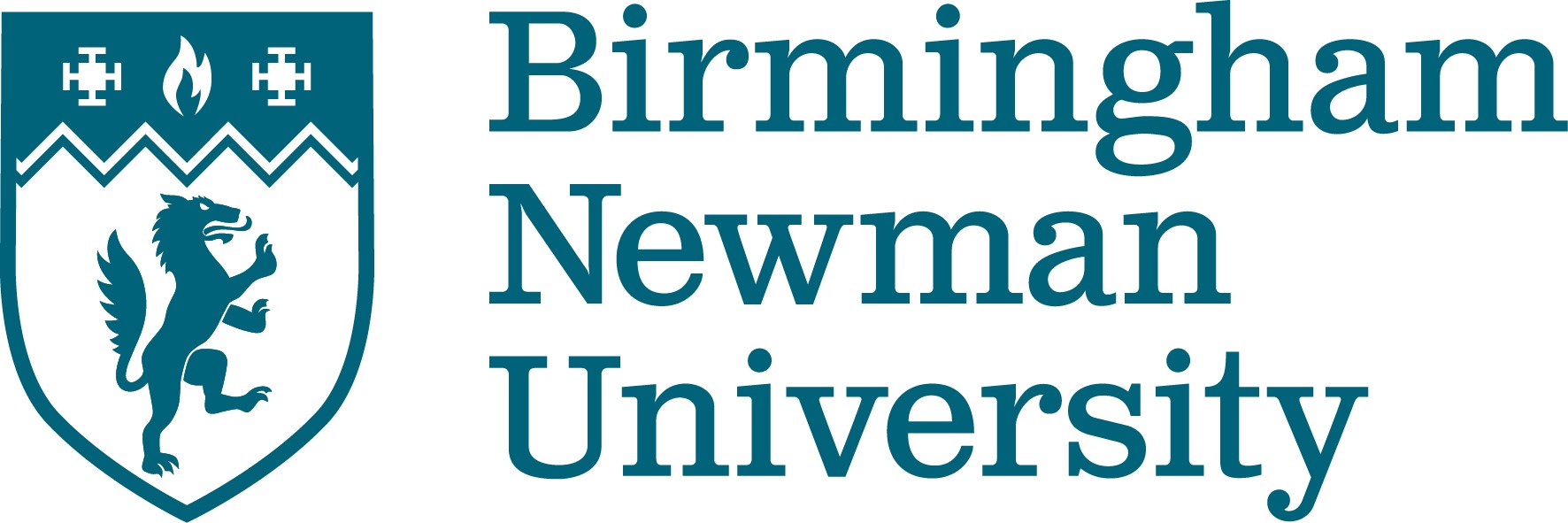Moral Suffering in Frontline Social Care Workers: A Study of Moral Injury and Moral Distress
Harper, Sara and Karypidou, Anatoli (2024) Moral Suffering in Frontline Social Care Workers: A Study of Moral Injury and Moral Distress. European Journal of Mental Health (e0021). pp. 1-18. ISSN 1788-7119
|
Text
BNU0015.pdf - Published Version Available under License Creative Commons Attribution. Download (1MB) | Preview |
Abstract
Introduction: Moral suffering (MS) is psycho-emotional harm derived from a conflict between one’s circumstances and one’s deeply held moral values. It includes the constructs of moral distress (MD) and moral injury (MI) and is characterized by constraints or mandates preventing the perceived morally correct event. Evidence has demonstrated the application of MS in helping professions, and research has linked MS to a deterioration of mental health, self-identity, worldview, and job-performance. Aims: In this study, we examined the relationship between MD, MI, burnout, and external/internal constraints in Frontline Social Care Workers (FSCWs) in the UK. Methods: We employed a quantitative, cross-sectional correlational design, recruiting 119 FSCWs (female = 91.6%, tenure 1–2 years = 27.4%) using convenience sampling. Participants completed an online survey including the Moral Injury Events Scale and the Copenhagen Burnout Inventory. Measures for MD, external constraints (stress, time, and resources), and internal constraints (psychological safety and preparedness) were informed by previous research. Results: Participants reported a significant prevalence of moderate-to-high MD (25.4%), MI (33.3%), and burnout (64.9%), and we found significant relationships between the constructs and dimensions. Constraints were significant predictors of MS (explaining 35.3% of MD variance and 30.1% of MI variance), with stress, time, and psychological safety making the strongest contributions. Conclusions: FSCWs can be examined as a unitary population experiencing morally challenging circumstances that may result in MS and burnout. Improved MS measures, increased awareness, and policy shifts are necessary to redefine the paradigm of work-related distress, taking systemic constraints and the potential for moral harm into account.
| Item Type: | Article |
|---|---|
| Divisions: | Faculty of of Arts, Society and Professional Studies > Department of Health and Behavioural Sciences |
| Depositing User: | Ms Hazel Barham |
| Date Deposited: | 17 Jul 2024 12:45 |
| Last Modified: | 12 Sep 2024 12:13 |
| URI: | https://newman.repository.guildhe.ac.uk/id/eprint/17369 |
Actions (login required)
 |
Edit Item |

